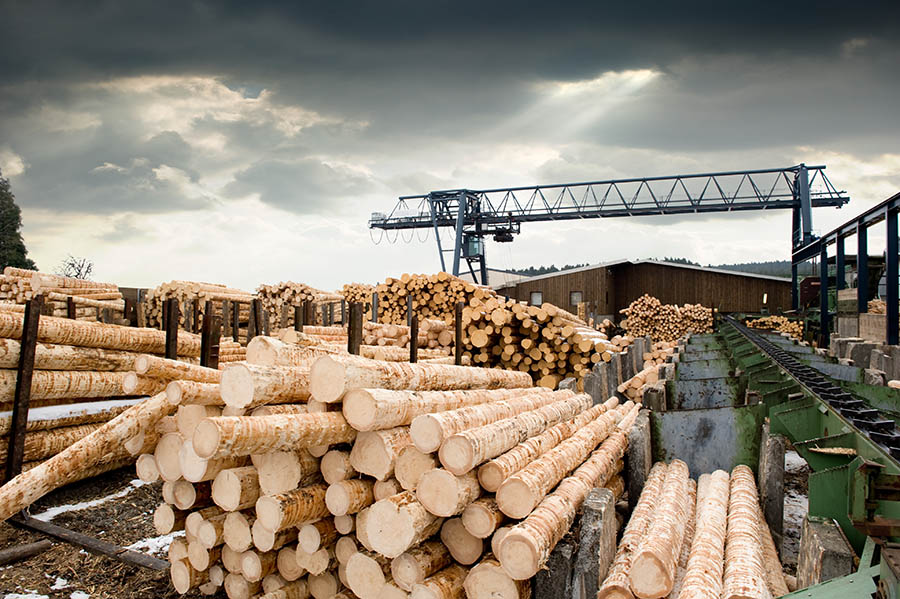Timber operators point to long-standing economic challenges, new state forestry rules.
A mill in Riddle is the fourth to close in rural Oregon since October, The Oregonian reported this week.
The family-owned C&D Lumber Co., which shuts May 2, has operated since 1890, and in the same spot — 20 miles south of Roseburg — since the 1950s.
The 78 positions eliminated bring the total cut around the state since fall to an estimated 300. (That’s out of around 23,000 people employed in wood products manufacturing in Oregon, according to data published by the American Wood Council in 2023.)
Operators offered The O similar accounts of economic challenges: fluctuating market prices, timber shortages, rising operating costs and a weak lumber market. A 2021 state law, the Private Forest Accord, is also said to be a factor. The new forestry rules, a compromise between timber companies and conservationists, are said to have benefitted larger companies that own their own land while raising the price of timber available to smaller mills.
The other shuttered facilities were the Rosboro Co. stud mill in Springfield, the Hampton Lumber-owned mill in Banks and the Interfor-owned sawmill in Philomath.
Once the engine of Oregon’s economy, the timber industry has been ruled by an ever-changing array of legislation, court decisions and regulatory changes since the 1970s, including a decades-long controversy over how to protect the habitat of the Northern spotted owl found in Northwest old-growth forests. The heated fight between business interests, regulators and conservationists hasn’t cooled down in recent years. Last month, the U.S. Supreme Court ruled thousands of acres along the Oregon-California border will remain off limits to logging companies.
That case originated in 2017, when President Barack Obama added 40,000 remote acres to the Cascade-Siskiyou National Monument southeast of Ashland. The addition had been part of the Oregon and California federal lands, aka O&C lands, which are typically used in timber production. Courts in San Francisco and Washington D.C. rejected efforts by business interests to stop the monument expansion. In March, the high court opted to not hear an appeal.
In a throwback to the spotted-owl days of the 1990s, activists in Oregon still tree-sit to prevent timber cutting. Oregon Public Broadcasting reports that in Josephine County, environmentalists have taken to a platform 100 feet up a Ponderosa pine to protest the Bureau of Land Management’s 40,000-acre Poor Windy project, which includes commercial harvesting of some old growth trees and forest thinning to prevent wildfires.
The BLM has already scaled back the project by 10,000 acres in response to a judge’s ruling that the project harmed spotted owl habitat.
Click here to subscribe to Oregon Business.



